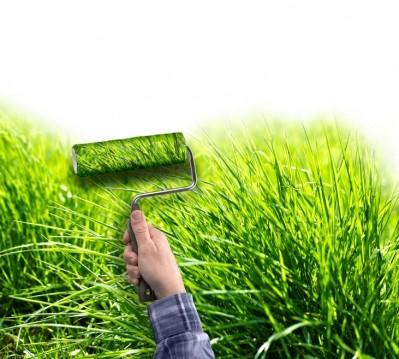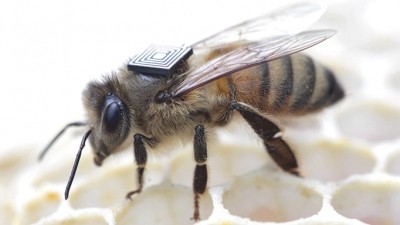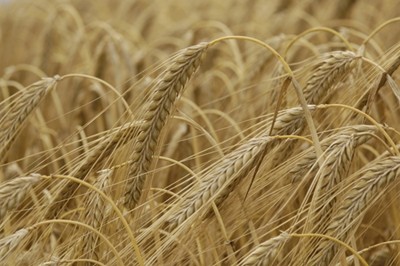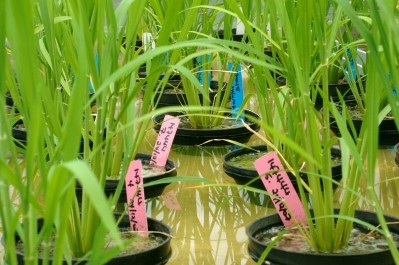Australia
Csiro’s high-tech sound-and-light show for furry farm pests
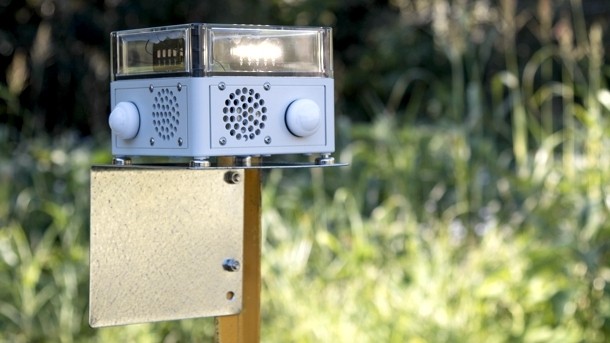
According to Csiro, the government-backed science and research outfit, pest animals cost the economy up to A$1bn a year.
After their counterparts in Africa successfully managed to scare away elephants from farms and crops, Csiro researchers are now trialling the so-called Vertebrate Pest Detect-and-Deter (VPDaD) technology in Australia against animals such as ducks, cockatoos, rabbits, wild dogs and more, starting in Queensland's Lockyer Valley.
"Ultimately we want to scale-up the technology and roll it out across Australia," Csiro’s Ash Tews said. "The idea here is that we can adapt as necessary."
VPDaD technology works by detecting and identifying animals as they come close to farms or crops, and emitting a tailored series deterrents to scare them away humanely before they can cause damage.
It consists of two systems: a motion sensor device, and a collection of cameras that can pick up images and heat signatures of animals, with lights and sounds which function as the deterrent for pests.
Csiro technology specifically developed for the camera programme allows the computer to recognise and classify animals based on the images captured.
In Australia, vertebrate pest animals can cause many thousands of dollars' damage in a single dining experience, causing real problems for farmers' orchards, vegetables and cereal crops, and potentially for livestock during critical periods of development and birthing.
In addition to the feasibility study underway in the Lockyer Valley, Csiro hopes to partner with Australian agribusinesses to continue testing the technology.
The earlier African trial, in collaboration with agribusiness major Olam, found the VPDaD technology to successful at preventing elephants from destroying fruit crops.
"One of the interesting issues with existing deterrent technologies is that, not only do animals become de-sensitised to them, but smarter ones can even learn to use the deterrents as an indication of a food source, which is the opposite of their purpose," Dr Tews said.
"Our autonomous technology allows the system to recognise animal behaviours in response to deterrents and modify the deterrent strategy until the desired effect is achieved.
"This allows the system to be more effective over long periods of time such as the key threat times during crop growing."
In addition to looking at how animals respond to perceived threats, the scientists are also looking at longer-term aspects, such as analysing deterrent effectiveness and animal movements over seasons.
